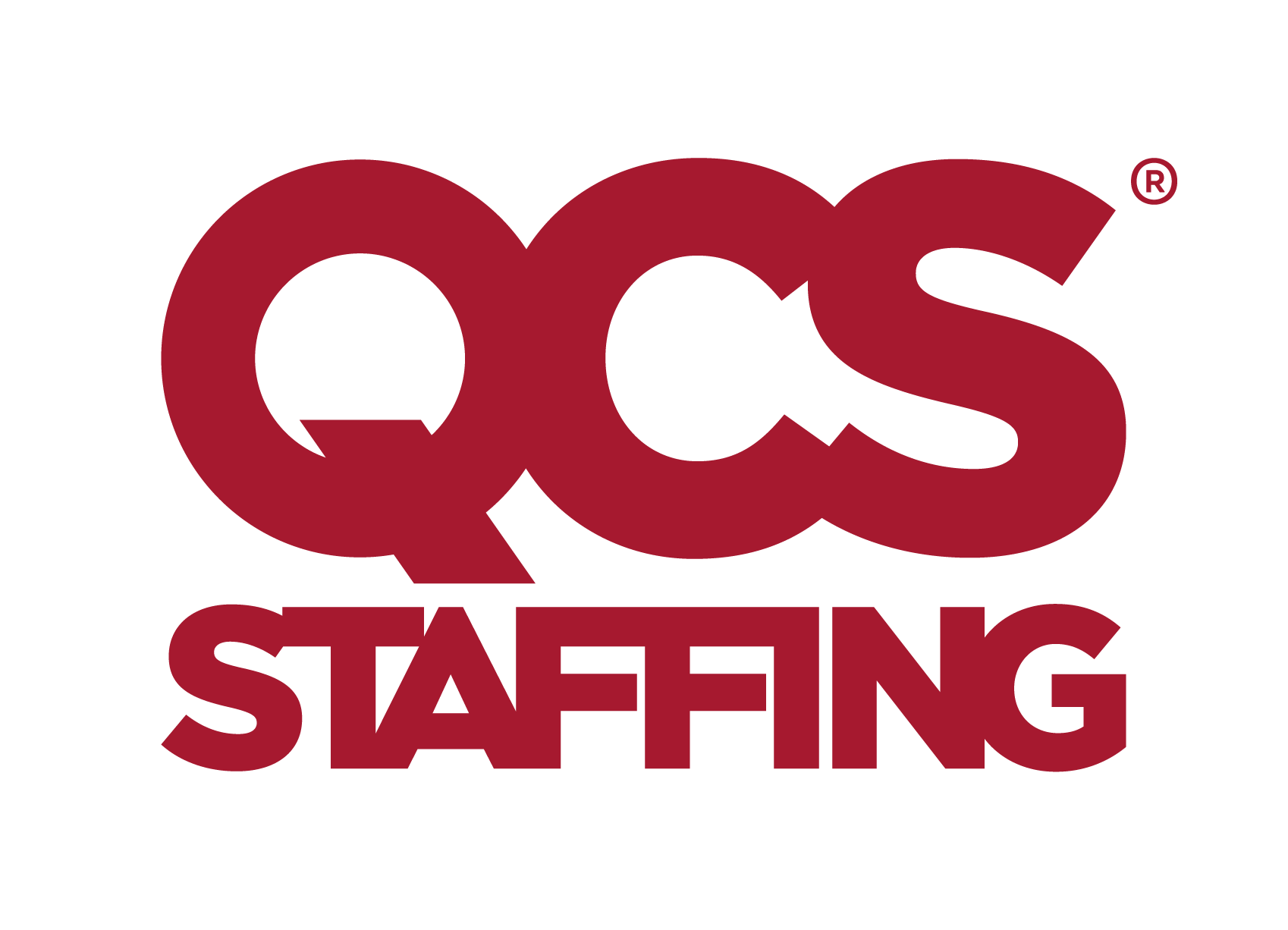What is a Qualification Engineer and How Do I Become One
Qualification Engineers are core contributors to the quality assurance and reliability of products and processes in every manufacturing industry. They are involved in validation and verification to ensure that indeed the product meets the specified requirements before such a product goes into the market. We have also explored why you should work in commissioning, qualification, and validation.
What Does a Qualification Engineer Do?
Key Responsibilities of a Qualification Engineer:
- Develop and execute qualification plans: Writing detailed action plans on how to achieve validation for either products or processes.
- Testing and Inspection: Conduct tests and inspections to determine the quality, performance, and standards the product has met.
- Data and Result Analysis: Analysis of test data for identification of trends and performance evaluation against predetermined criteria.
- Documentation Preparation and Review: Writing detailed reports, protocols, and other qualification documents.
- Collaboration with cross-functional teams: Engineers, technicians, and other stakeholders meet to ensure that the standards on quality are met by the products.
How to become a Qualification Engineer
Education: Most companies require a bachelor's degree in engineering, while some could settle with fields related to science and technology like mechanical engineering, electrical engineering, chemical engineering.
Experience: Quality control, testing, or manufacturing experience. QA, QC, QAV, and qualification experience would also be useful. These are usually acquired through internships, co-op, or an entry-level job.
Core Certifications: Consider certifications such as the Certified Quality Engineer, CQE, or the Certified Reliability Engineer, CRE, to showcase your competency.
Technical Skills: Develop technical skills on:
- Statistical analyses
- Testing methodologies
- Quality management system knowledge, e.g., ISO 9001
- Writing and reporting skills
Soft Skills: Acquire basic soft skills like:
- Problem-solving
- Communication
- Pay attention to detail
- Teamwork
- Analytical thinking
Career Paths
- The qualification engineer can specialise in the following roles in their career growth for qualification:
- Quality Manager jobs: Plans and supervises general quality assurance activities within an organisation.
- Process Engineer jobs: Improves the manufacturing process and efficiency of the plant.
- Regulatory Affairs Specialist jobs: Ensures compliance with industry standards and regulations.
- Technical Writer jobs: Technical documentation and report writing.
Find your next role with QCS Staffing
At QCS Staffing, we have many Quality roles. Browse our pharmaceutical roles or submit your cv to kickstart your dream career.
We’re determined to help place our candidates in the best roles. We take the time to understand the needs of clients and candidates, so they always receive the best possible service.






